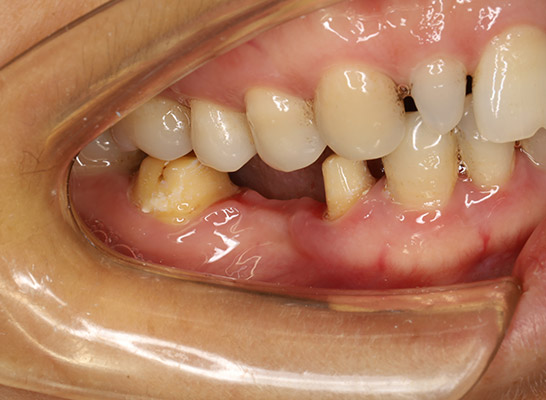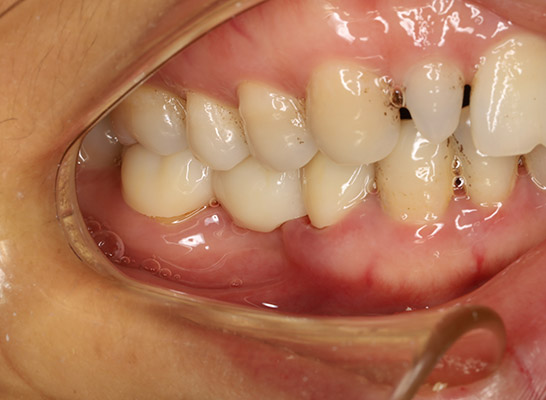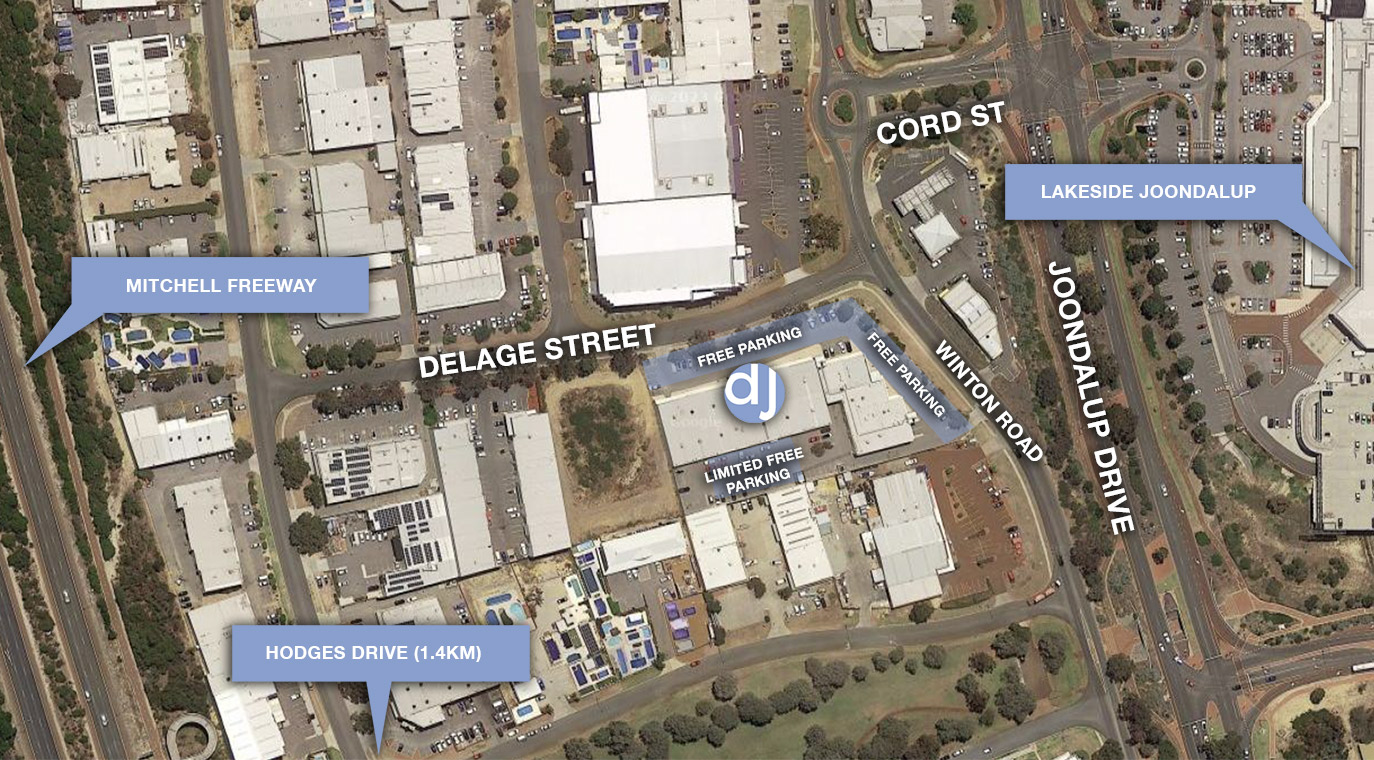Dental at Joondalup for Dental Bridges.
Why choose us?
Why Choose Dental at Joondalup in Perth?
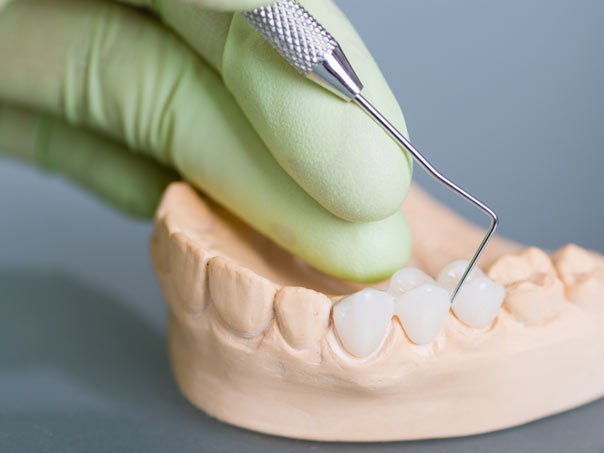

Experienced Dentists
Quality

Gentle Dentistry

Availability in the evening
Interest free plans available
What happens when I don’t fix my missing tooth?
The various consequences of not replacing missing teeth can include the following:
The jaws may not bite together properly, thus affecting the function of chewing,
- Difficulty in talking,
- Pain in the facial muscles due to an improper bite,
- Drifting or tilting of teeth into the space where the missing tooth used to be - this will lead to poor hygiene in this area,
- Supra-eruption of teeth, which means that the opposing tooth drifts into the space because nothing is stopping it from doing so,
- Food trapping and plaque accumulation in the gaps can lead to more decay or gum disease
- The cosmetic loss of a front tooth may affect your confidence; however, a lot of people’s confidence is affected with posterior tooth loss. It’s also worth remembering that some teeth will not need to be always be replaced such as wisdom teeth or second molars.
Dental Bridges: Before and After

Why should I consider a dental bridge?
A dental bridge has many uses. Losing or having a tooth missing can have an impact on how we feel and can adversely impact on function e.g. eating our favourite food. A dental bridge is a permanent option which has many benefits such as:
- Restores missing teeth, which may cause cosmetic concern
- Stops your existing teeth from drifting
- Restores function with chewing
- They correct and re-distribute the normal bite force, compromised by your missing teeth
- Getting used to your new dental bridge is usually easy and comfortable
- Helps maintain the shape of your face
- Enhances your natural speaking and eating ability
- Only 2 – 3 appointments are needed to complete your bridge restoration, without surgery
- The longevity factor and general prognosis is good, if your hygiene and home care is maintained at a heightened level
Am I a suitable candidate for a bridge?
Our dentist will always have recommendations to replace missing teeth
Although a lot of people will be suitable for dental bridges in their mouth, certain people will not be suitable. Examples of this include when the adjacent teeth have gum disease or are mobile, the adjacent teeth are in poor condition and require extraction, severe dental crowding and drifting of teeth, and very poor oral hygiene.
Our dentist will always have recommendations to replace missing teeth. Other options may include Dental implants or Dentures.
Are there different types of bridges?
Yes, there are several types of bridges.
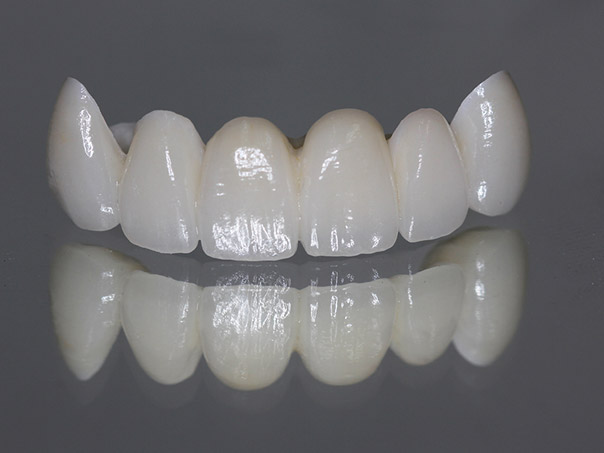
Traditional Bridges
Traditional bridges are the most popular types of dental bridges for restoring lost teeth. They can be used when you have natural teeth or implants on either side of the space left by your missing tooth. Traditional bridges are an effective option when the teeth that are adjacent to your space are heavily restored as well.
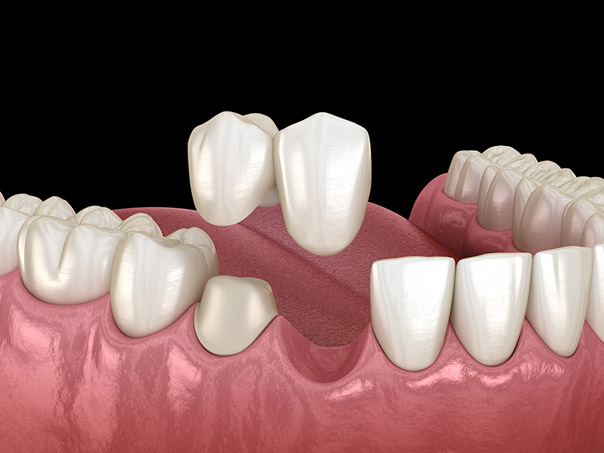
Cantilever Bridges
This cantilever bridge is used when we are trying to conserve tooth structure, save on costs, and when we are replacing a smaller tooth than the tooth being prepared. It is anchored only on one side (almost always the tooth immediately behind), which means there is more chance it could fall off or have complications if designed poorly.
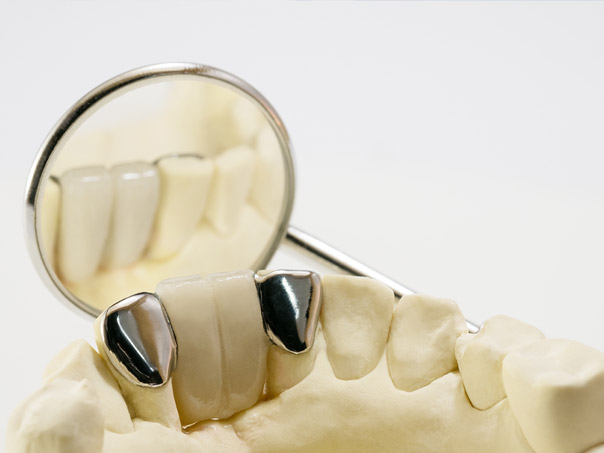
Maryland Bridges
This type of bridge is a winged bridge known for its conservative nature. Attachments located on opposing sides are bonded to existing anchor teeth. Sometimes, these bridges may fall off due to their conservative preparation. They are often used in the interim during treatment or if you are under 21 and awaiting a dental implant.
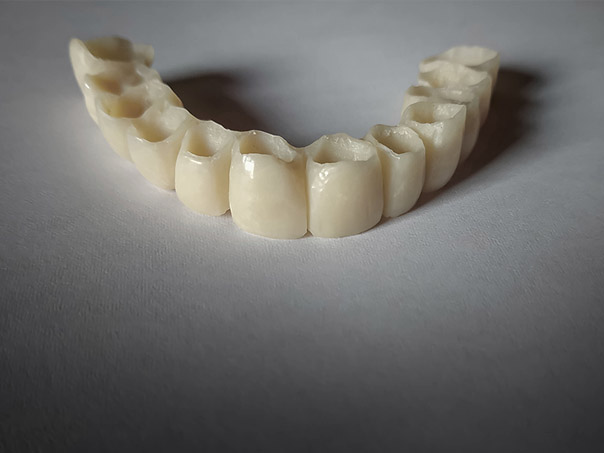
Composite Bridge
For people with one missing tooth who are looking for an easy and affordable solution to their replacement issue, a composite bridge often suits. Like Maryland bridges, composites are considered temporary and can be used by people with gum disease who put off removing their compromised teeth until the very end.
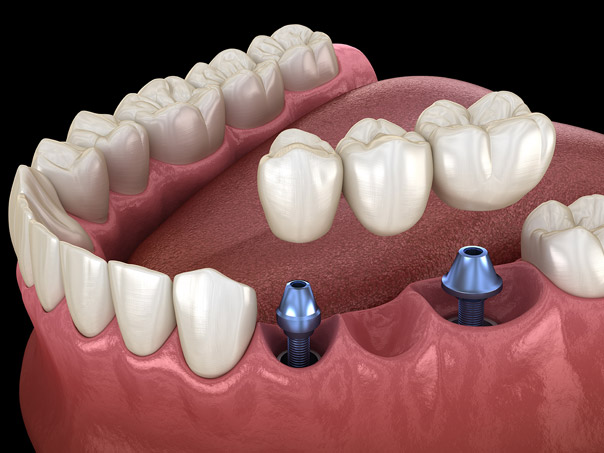
Implant Supported Bridges
The implant supported bridge has been rising in popularity over the years, because there is normally no damage to the adjoining natural teeth. The amazing technological developments in implantology, products and procedures have made the use of implants nearly ideal for a one tooth replacement or multiple tooth bridge.
How much is a dental bridge?
A dental bridge starts from as little as $2,399 and the cost will vary based on your complexity of treatment. This fee does not include health insurance rebates and you may be eligible for interest-free payment plans should that be of need.
We are also proud to have teamed up with MySuperCare to assist with early release of superannuation.
The entire process will be completed with a highly trained expert, and estimates will include temporary crowns, tooth modifications, shade taking, and fabrication with an Australian lab.
You will be able to discuss sedation options to make the process pain-free.

